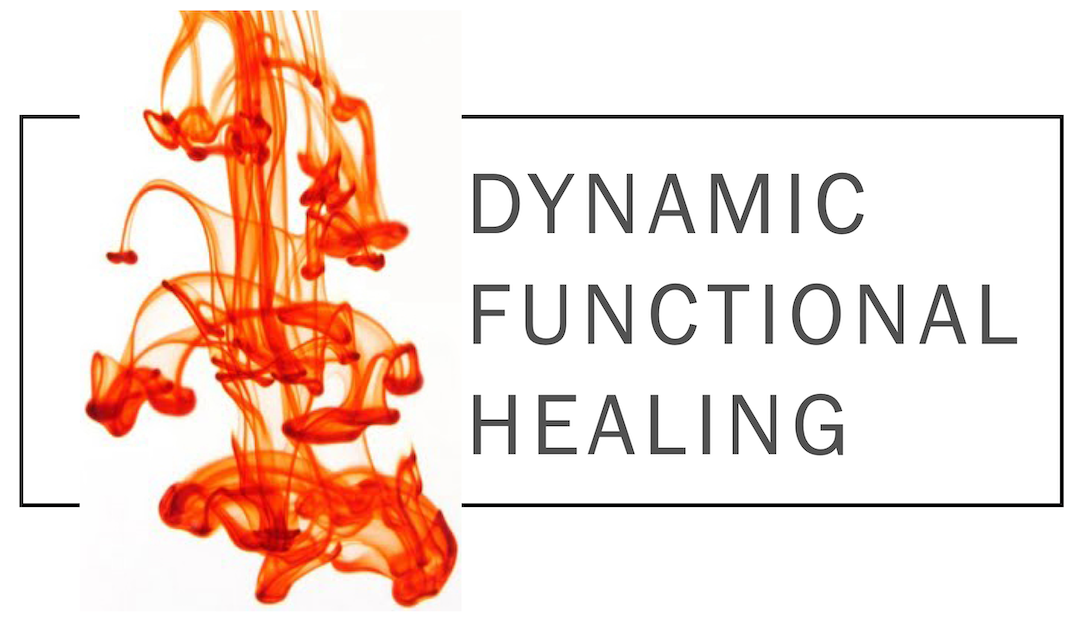I have a lot of people in my life experiencing sleep issues and personal crises lately so I thought it would be a good time to publish this article on stress and Traditional Chinese Medicine:
The more I study physiology, the more impressed I am by how stress impacts our health. It is a ubiquitous, varied specter that demands our attention. Indeed, stress has many pathways through our bodies and its effects can vary—the stress we experience when we are sleep deprived is not the same stress we experience when we’re sitting in rush-hour traffic. But any stress that becomes chronic lays waste to our bodies. Acupuncture works directly on the HPA stress axis producing changes in neurotransmitters.
We are all familiar with how stress feels to us and we’ve heard about cortisol. There are fascinating facts about stress of which you may be unaware:
Chronic stress exposes us to levels of cortisol that consume muscle tissue. It will literally eat away at our muscles.
Chronic stress can cause the hippocampus to shrink. The hippocampus is integral in higher cognitive abilities such as memory, judgment, and decision making.
Pain produces stress and stress can exacerbate pain. Haslam & Laycock (2008) cite research that indicates that “When pain persists, even after healing has taken place, the nerve cell membranes undergo a change in conformation, establishing new receptor sites and the formation of new neural pathways that become imbedded into the central nervous system. Once established, the chronic pain pathways are difficult to eradicate.” Difficult, but not impossible.
Many neurotransmitters are hormones, so when one system is affected it effects a cascade of imbalance. Exercise and sleep can not be emphasized enough in any topic concerning health maintenance—their effects are vast. We produce more neurons when we exercise.
Here are some ways to promote homeostasis that you may not have heard:
Scientists point out that we have evolved to recognize song bird melodies as a signal of safety—when the birds sing, predators are not nearby. Hearing them elicits a parasympathetic (relaxation) response in us. Try listening to bird songs at least five minutes every day.
With all the recent research showing the many health benefits of companion animals, it’s not surprising to see this latest study that petting animals, even those who are not furry (like turtles), reduces stress regardless of one’s attitude toward them. The study controlled for petting with stuffed toys.1
Placing gentle, even pressure on your closed eyes for one minute can provide instant parasympathetic bliss. Traditional Chinese medicine has offered this through Shiatsu and Chi Nei Tsang modalities. Western medicine has determined its mechanism—a direct link from eyes to heart via ocular nerves to trigeminal nerves to vagus nerves called the cardio-ocular response.
1 Shiloh, S., et. al., Reduction of state anxiety of petting animals in a controlled laboratory experiment, Anxiety, Stress & Coping, Volume 16, Issue 4 December 2003 , pages 387 - 395 http://www.informaworld.com/smpp/content~content=a713637880~db=all
